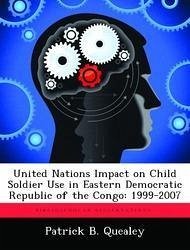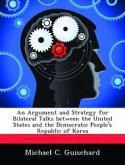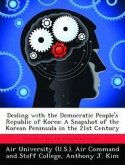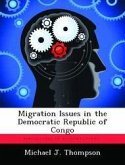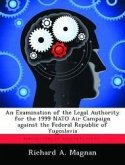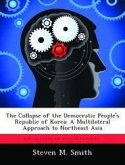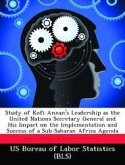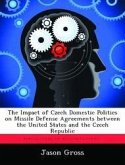The underlying assumption and perhaps bias of this paper is that the innocence of childhood is worthy of preservation and protection regardless of cultural or socio-economic conditions. The framework of international and national legal statutes and conventions entrenches this assertion and defines the status of children. This is a case study of the use of child soldiers in the Democratic Republic of the Congo (DRC), one of the world's richest nations from the perspective of natural resources, and yet poorest from the perspective of the conditions in which the majority of its population lives. As an international organization responsible for the preservation of the Rights of the Child, the United Nations has taken action to change this situation through the United Nations Organization Mission in the DRC (MONUC). This paper assesses MONUC's effectiveness between 1999 and 2007 in addressing the root and enabling factors contributing to the use of child soldiers in eastern DRC. Using these factors to measure effectiveness, it concludes that while the UN has made concerted efforts to stem the use of child soldiers, it has been only partially effective. This is due largely to the complexity of conflict in eastern DRC and the critical capability that child soldiers provide warring factions in generating viable combat power and the limited resources that MONUC had available to achieve a very broad mission.

